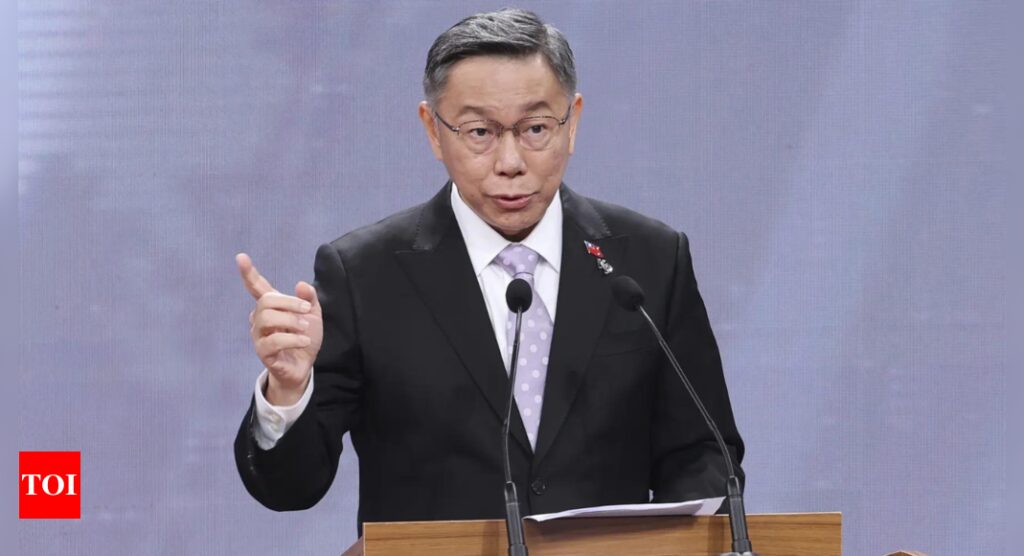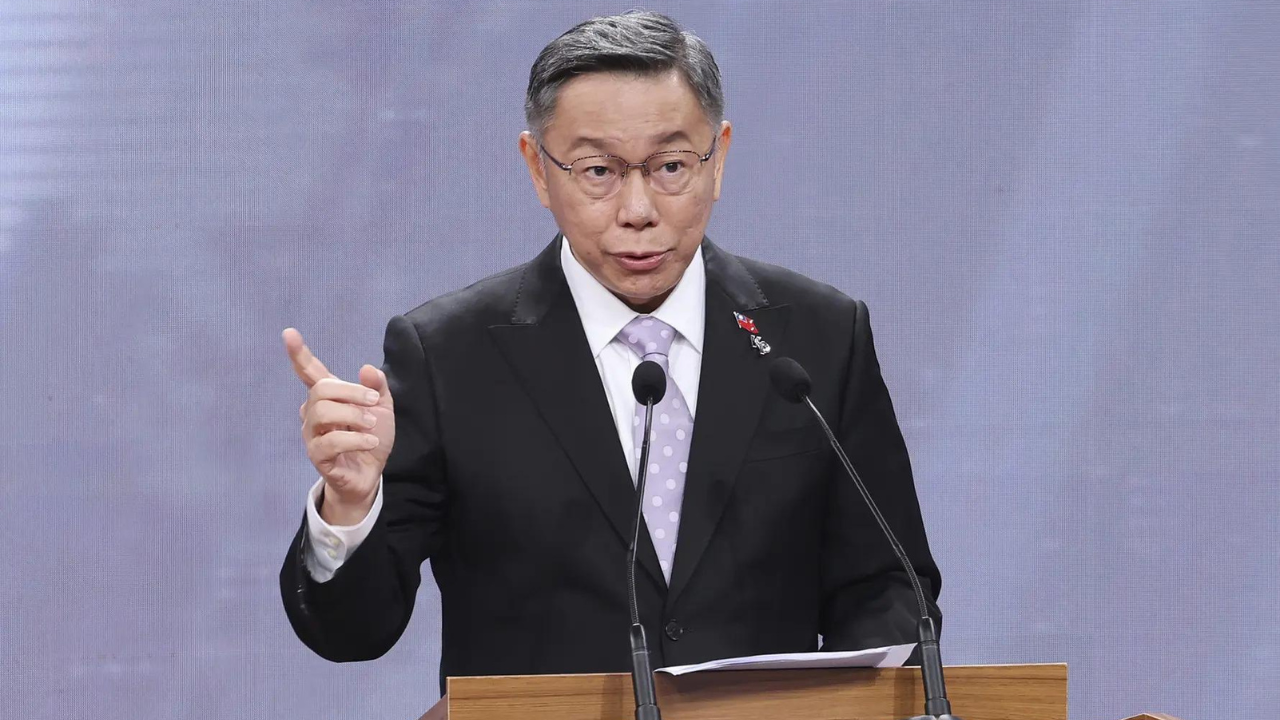Taiwanese prosecutors on Thursday indicted Ko Wen-je, former mayor of Taipei and leader of the Taiwan People’s Party (TPP), on multiple charges of corruption, misuse of political donations, and breach of trust.
Prosecutors are seeking a combined sentence of 28 years and six months in prison.
Allegations of corruption
Ko, who served as mayor from 2014 to 2022 and placed third in January’s presidential election, is accused of accepting NT$15 million ($459,000) in bribes related to the redevelopment of Core Pacific City. Prosecutors allege he approved regulatory changes that benefited developer Sheen Ching-jing, enabling the company to secure illegal gains exceeding NT$20 billion ($625 million).
Ko is also charged with embezzling over NT$60 million in political donations to his party and misusing NT$8.27 million from a social welfare foundation for his presidential campaign.
During the investigation, prosecutors discovered torn-up notes in Ko’s office, which they allege contained instructions for accomplices to flee the country. Lead prosecutor Kao Yi-shu criticised Ko’s “poor post-offence attitude” and vowed to hold him accountable.
Ko, detained since September, has denied any wrongdoing in the property case. His party, the TPP, called the charges “politically motivated,” accusing the government of abusing judicial power to target political opponents.
The Taiwan People’s Party, founded by Ko in 2019, aimed to disrupt the traditional two-party dominance of Taiwanese politics. Despite its small size, the TPP wields influence as a legislative kingmaker, often aligning with the Kuomintang.
Ko’s reputation as a reformist politician has taken a hit amid the scandals. Opinion polls show declining public support for both Ko and the TPP, jeopardizing his potential bid for the presidency in 2028.
Critics have framed the indictment as part of a larger struggle in Taiwan’s polarized political landscape. The ruling Democratic Progressive Party has faced accusations of leveraging the judiciary to weaken opposition forces, though it denies any interference in the case.


